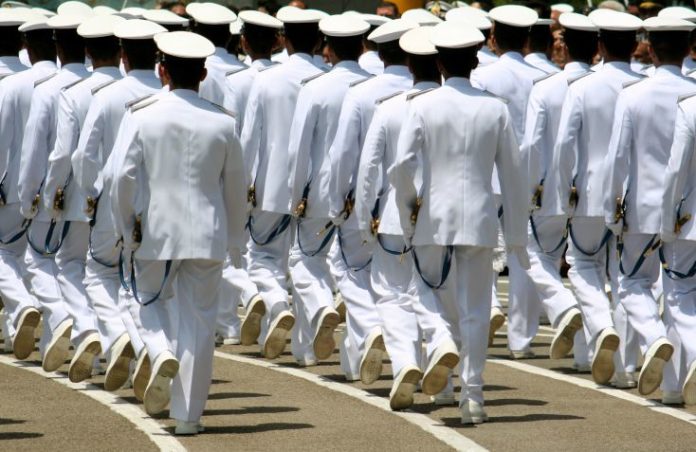Research conducted by the Youth Research Centre at the University of Melbourne’s Graduate School of Education on behalf of the Australian Department of Defence found that cadets develop a sense of belonging and a moral compass, as well as teamwork and leadership skills.
Researchers interviewed 300 and surveyed almost 3000 cadets from across the three Australian Defence Force (ADF) Cadet Organisations – the Australian Navy Cadets, the Australian Army Cadets and the Australian Air Force Cadets. Together, approximately 24,500 12 to 19-year-olds participate in the three organisations every year.
Researchers found the hierarchical structure of cadets supports participation and the development of leadership skills – in contrast to assumptions underpinning many youth development programs
“Traditionally, youth development programs provide young people with space to follow their own interests and have a respite from structured environments such as schools,” said researcher Ani Wierenga.
“However we found that some young people prefer more structured activities outside school, and cadets offers those kids a space where they feel valued as an important member of a team. Because each person has responsibilities, young people who might not consider themselves leaders also develop leadership skills,” she said.
“We also found that although young people commonly like to express their individuality through dress and appearance, the cadet uniform enabled those who participate to feel they were part of something bigger, and signified responsibility,” Dr Wierenga said.
According to Dr Wierenga, cadets and similar youth organisations fill an important gap in Australian young people’s lives.
“In contemporary Australia (sport aside), many young people don’t have opportunities to do things as a team, with peers and across generations,” she said.
“Opportunities for young people to work in teams and actively contribute to their communities are becoming increasingly important.”
Cadets told researchers the responsibilities they are given by the ADF sit in stark contrast to their roles in schools and other community settings. They also highlighted how being part of the ADF Cadets helps them learn how to look out for other people, and learn about the benefits of discipline.
Source: The University of Melbourne










